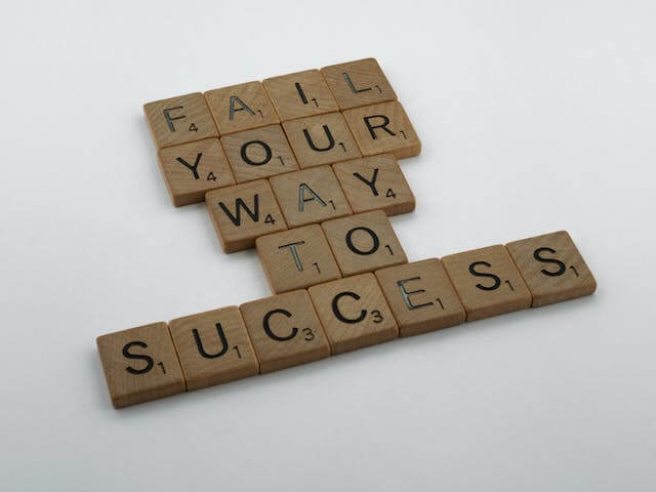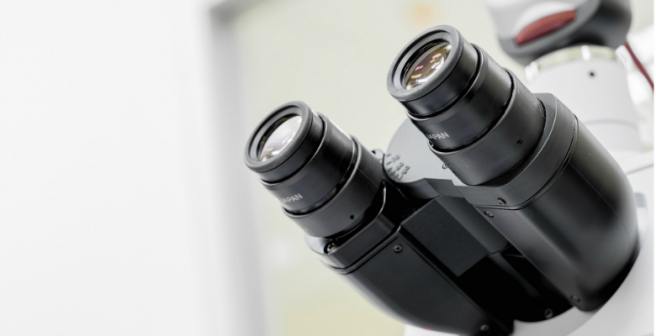Tags
Negative Results
Tips to turn failed experiments into success stories
As per the tradition, scientists are often judged by the scientific publications they produce and the journals where they publish them. However, traditional journals would only allow the publication of “positive results” — in other words, results that support your hypothesis. However, with time, the scientific research ecosystem has become aware that not just these positive results but also the results from failed experiments are crucial for the advancement of science.

Feb 2, 2024
Q : Should the hypothesis be consistent in the Introduction and the Results?
Asked on January 18, 2021
Q : Can I write a new paper for a second set of results if the first set is already published as a paper?
Asked on December 10, 2019
Cambridge University Press launches a journal to boost reproducibility of results and transparency of reviews
Cambridge University Press launches Experimental Results, a journal that will publish only results of experiments in various STM disciplines. The journal aims to improve reproducibility of experiment results and provide greater transparency to the peer review process.

Sep 26, 2019